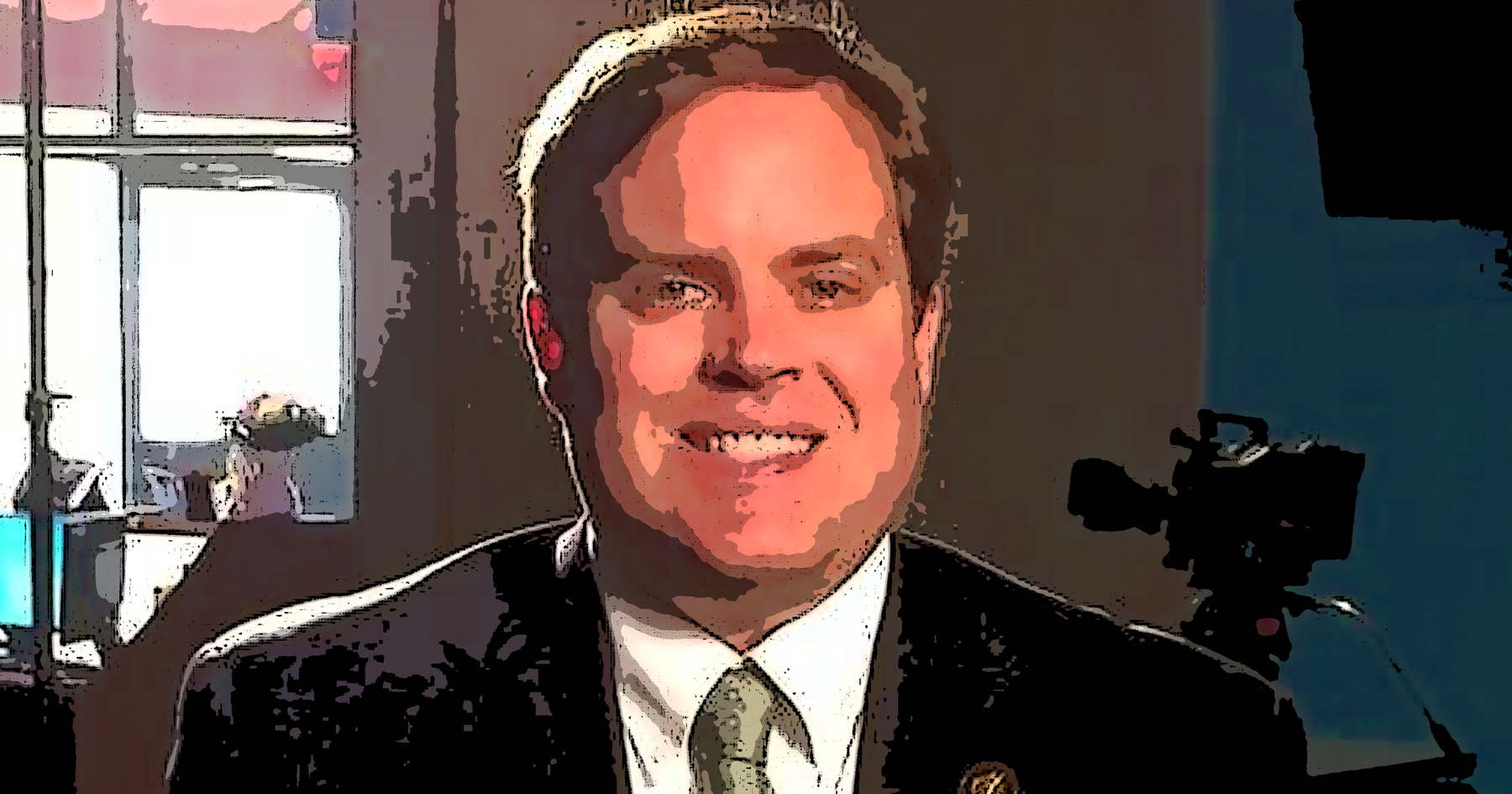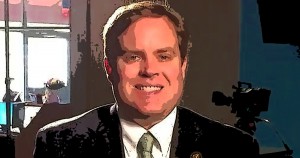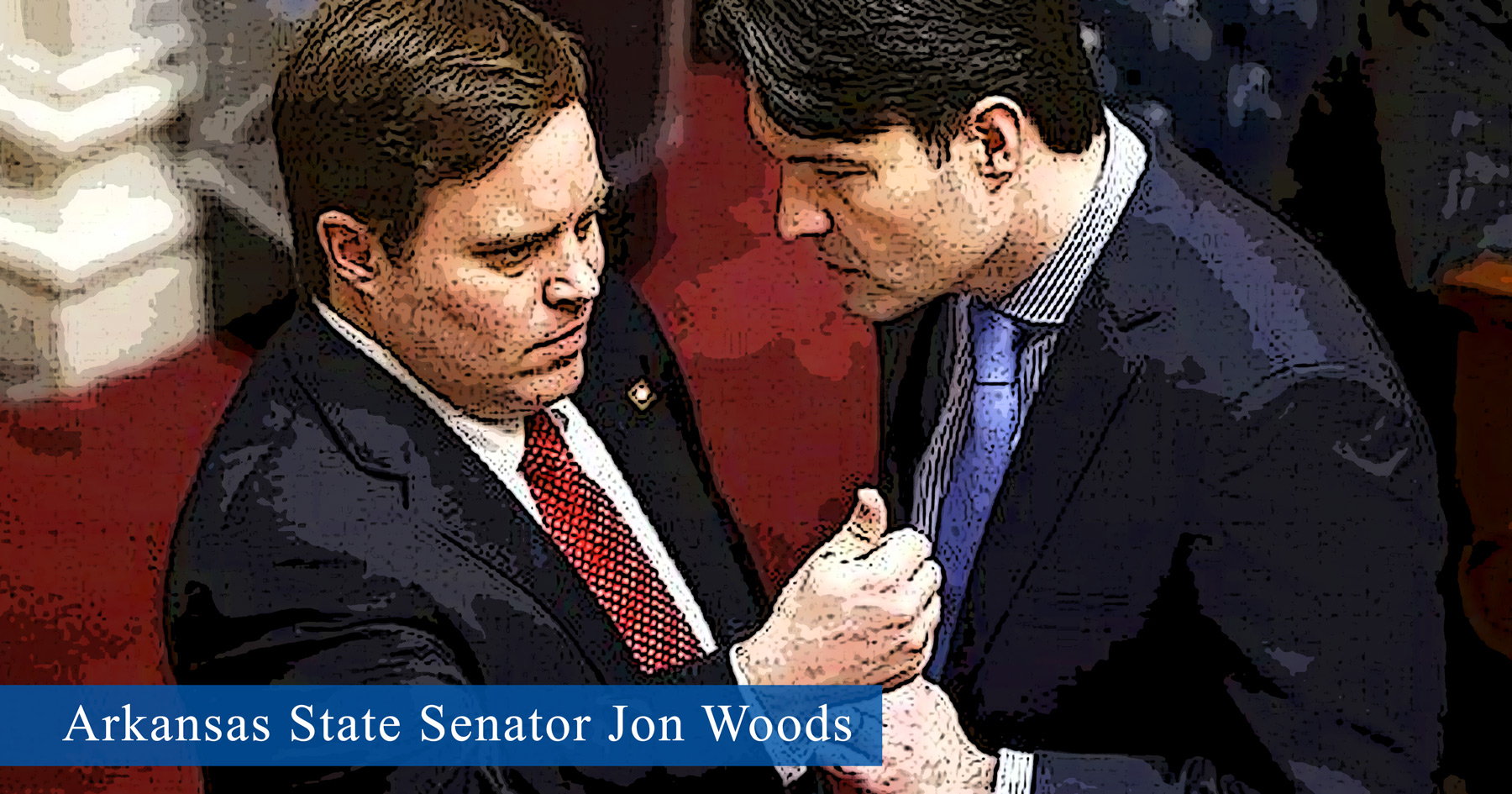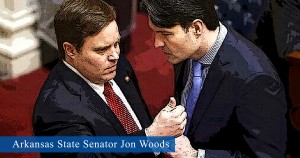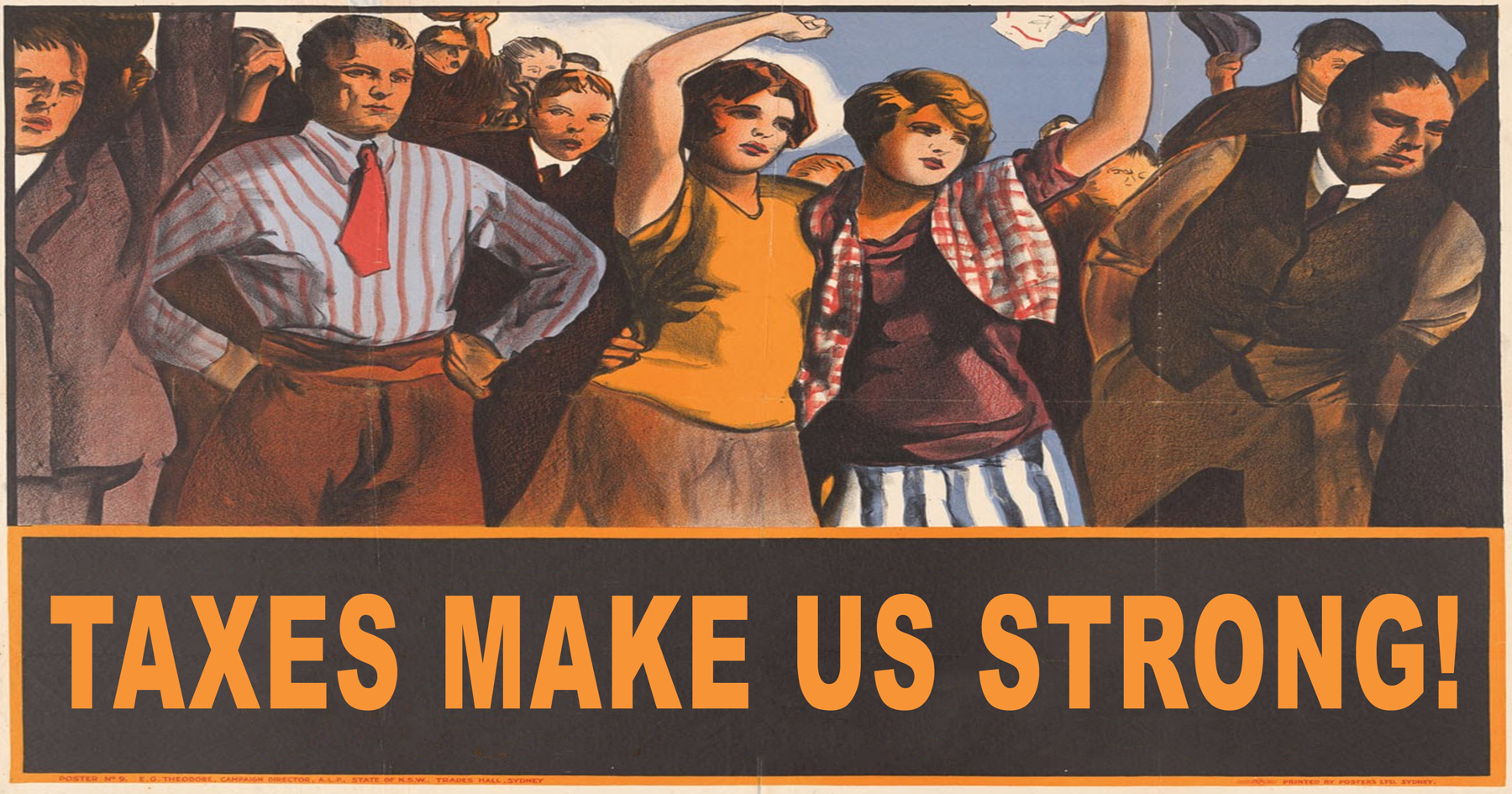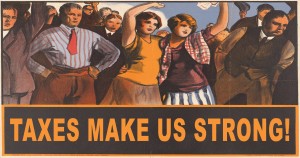Support for criminal justice reform, especially the common sense use of body cameras for police, marks a bright spot for the Obama Administration.
Or so I thought.
The president has called on local police to don the video devices. He has even offered $75 million of his own hard-earned money to help communities pay for the cameras. No, wait — turns out that $75M is not his personal stash but rather our tax money.
Oh, well. While I think local taxpayers should fund their own police forces, without federal subsidies, at least President O’s administration supports the right policy. No?
“The Justice Department is publicly urging local police departments to adopt body cameras, saying they are an important tool to improve transparency and trust …” reports The Wall Street Journal. “But privately, the department is telling some of its agents they cannot work with officers using such cameras as part of joint task forces …”
Weeks ago, the U.S. Marshals “announced that the agency wouldn’t allow any local law-enforcement officers wearing body cameras to serve on Marshals task forces.…”
I’m only surprised that I’m surprised. I should have known that while preaching to others to use body cameras, the Obama Administration would completely ignore camera use for federal police agencies. I shouldn’t be shocked that it even failed to establish rules for working with local and state police who might be required to wear cameras, at the administration’s urging.
It’s a very candid snapshot of the utter hypocrisy we’ve come to know and loathe from Washington.
This is Common Sense. I’m Paul Jacob.


